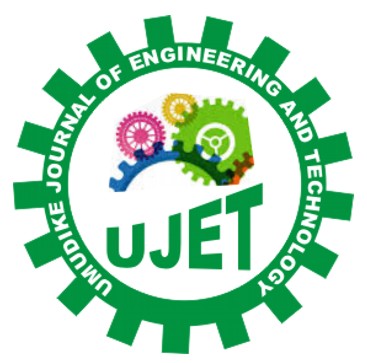|
Ugwu, B. I.
Department of Chemical Engineering, Michael Okpara University of Agriculture Umudike, Abia State, +234, Nigeria
Olawale, A. S.
Department of Chemical Engineering, Ahmadu Bello University, Zaria, Kaduna State, +234, Nigeria
Adefila, S. S.
Department of Chemical Engineering, Ahmadu Bello University, Zaria, Kaduna State, +234, Nigeria
ABSTRACT
Sulphuric acid H2SO4
and water H2O were mixed within concentration range of 0 to
100 wt% H2SO4 and the corresponding quantities of heat
(enthalpy change) of mixing were quantified at various constant compositions
and temperatures at one atmosphere (pressure). The heats of mixing were
evaluated at intervals of 10 wt% from 0 to 60 wt%; 5 wt% from 65 to 75 wt%; 1
wt% from 75 to 85 wt% and 2 wt% from 90 to 100 wt% H2SO4.
The equation for the enthalpy change of mixing for binary liquid mixtures was
used to evaluate the heats of mixing at different compositions. A plot of heat
of mixing against composition at different temperature indicated that maximum
heats of mixing occurred within the concentration range of 70 to 77 wt% H2SO4.
Within this range, maximum and minimum heats of mixing of -12207.8kJ/kmole and
-1155.7kJ/kmole occurred with 76 wt% H2SO4 at
temperatures of 0oC and 96oC respectively. Therefore,
maximum heat for dealumination of kaolin clay can be obtained from sulphuric
Acid-Water system within the range of 70 to 77 wt% of sulphuric acid.
Keywords: Energy transformation, enthalpy change of mixing, heat of solution, polynomial model, analysis
|
View: 397 | Download: 3
Published
Monday, June 22, 2015
Issue
Vol. 1 No. 1, June 2015
Article Section
GENERAL
The contents of the articles are the sole opinion of the author(s) and not of UJET.
|


